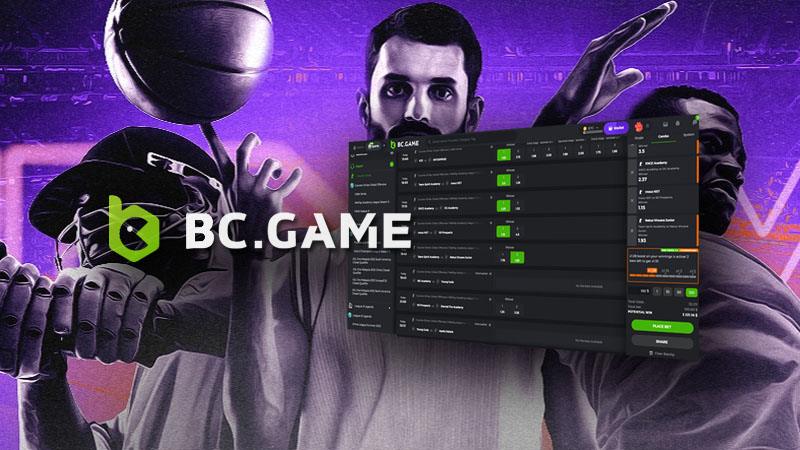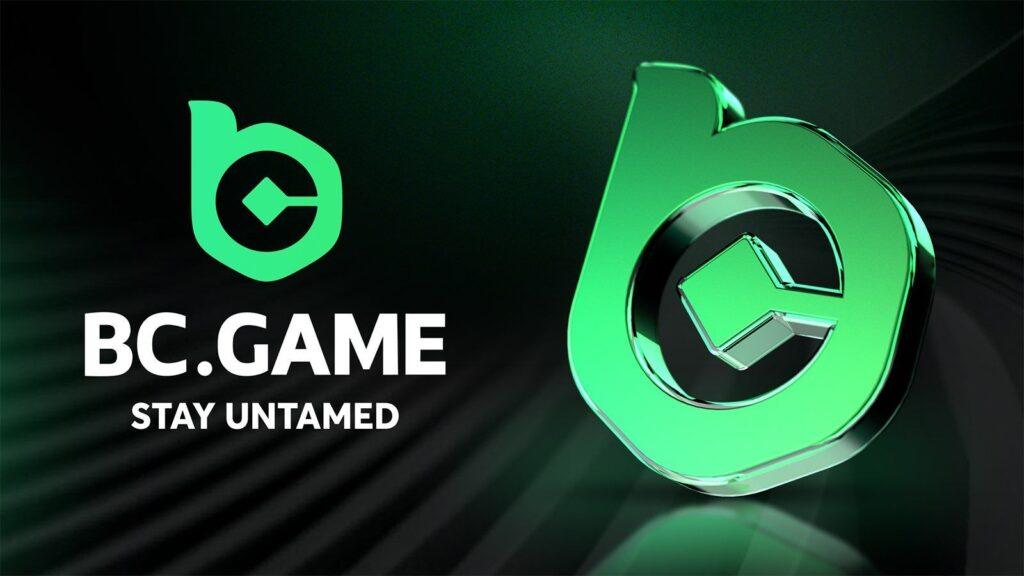
Exploring the Exciting World of Hash Game: The Future of Gaming
In recent years, the digital landscape has witnessed a remarkable transformation due to the emergence of blockchain technology. Among its many applications, the concept of hash games has captivated enthusiasts and players alike. This innovative approach to gaming integrates blockchain’s transparency and security features, offering players an unprecedented level of engagement and fairness. One prime example of this evolution can be found at hash game BC Game hash, where players can immerse themselves in a variety of engaging hash games designed for both enjoyment and potential profitability.
What is a Hash Game?
A hash game is a type of game that utilizes cryptographic hash functions as a core mechanism for gameplay. These games often revolve around the use of decentralized networks that ensure fairness and security in the gaming experience. In essence, a hash function takes an input (or ‘message’) and returns a fixed-size string of bytes, which is typically a digest that looks entirely different from the original input. This method assures players that the results of their actions are tamper-proof and verifiable.
The Mechanics Behind Hash Games
At the heart of hash games lies the concept of randomness, which is crucial for creating a fair gaming environment. In traditional gaming, random number generators (RNGs) are often criticized for their opacity, leaving players uncertain about the fairness of outcomes. Hash games eliminate this concern by using blockchain technology to record each action and outcome securely.
When a player initiates a game round, the system generates a unique hash based on the player’s actions and the game’s parameters. This hash serves as a provably fair foundation, allowing players to verify the authenticity of outcomes post-game. By leveraging this transparent mechanism, hash games create a level playing field, enhancing user trust in the gaming platform.
The Role of Blockchain Technology in Hash Games
Blockchain technology is a key enabler for hash games. It provides decentralized infrastructure, ensuring that no single entity can manipulate game outcomes. This decentralization is crucial in building trust among players, as the immutable nature of blockchain records guarantees that once a result is recorded, it cannot be altered or deleted.
Moreover, smart contracts play a vital role in hash games by automating game mechanics and payouts. These self-executing contracts are coded directly into the blockchain, allowing for seamless transactions and interactions without requiring intermediaries. This efficiency not only promotes faster gameplay but also minimizes costs associated with traditional gaming platforms.

Benefits of Playing Hash Games
Players are increasingly drawn to hash games for several compelling reasons:
- Transparency: Each game result can be verified independently by players, leading to a greater sense of trust in the gaming process.
- Ownership: In many hash games, players can truly own in-game assets, which can often be traded, sold, or used across multiple platforms.
- Decentralization: Players are not at the mercy of a single company or organization; they participate in a system designed to be fair and equitable.
- Potential for Profit: Many hash games incorporate a token economy, allowing players to earn tokens that can have real-world value.
Challenges and Considerations
While hash games present numerous advantages, they are not without challenges. The reliance on cryptocurrency can be a double-edged sword; fluctuations in the value of tokens can impact player experience and profitability. Furthermore, ensuring user-friendly interfaces and experiences remains vital, particularly for attracting non-technical players.
Security concerns also loom large in the digital gaming space. While blockchain enhances security, the potential for smart contract vulnerabilities still exists, necessitating robust auditing and community oversight to ensure game integrity.
The Future of Hash Games
The future of hash games appears promising. As more players seek engaging and fair gaming experiences, developers are likely to continue innovating within this space. We can expect to see more diverse game offerings and enhanced graphics as the technology matures.
Moreover, the integration of virtual reality (VR) and augmented reality (AR) with hash games may create immersive environments where players can interact with digital assets in novel ways. As blockchain technology evolves, the potential to create sprawling, interconnected universes filled with opportunities for collaboration and competition seems limitless.
Conclusion
Hash games represent a significant leap forward in the gaming industry, merging cutting-edge technology with the joy of play. By harnessing the power of blockchain and cryptographic hashes, developers are setting a new standard for fairness and transparency. As players navigate this exciting new landscape, the adventure is just beginning, making room for a host of possibilities that could redefine gaming as we know it. Whether you’re a seasoned gamer or a newcomer, diving into the world of hash games can offer thrilling experiences that combine entertainment with the exciting potential of blockchain.


